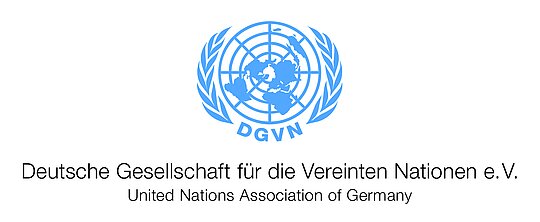Presentation and discussion of the Human Development Report 2019
Many people around the world have escaped extreme poverty in the past decades, but even more have had neither the opportunities nor the resources to do so. Lacking hope and dignity, they watch from society’s sidelines as others pull ahead to ever greater prosperity. Such inequalities are an affront to human dignity.
Inequality is often associated with income disparity, but a person's standing in society is all-too-often determined not only by their level of wealth, but by their ethnicity, gender or education. It often has little to do with effort, talent or entrepreneurial risk-taking. Inequality is one of the factors hindering progress towards the UN's Sustainable Development Goals, and its vision ‘to leave no one behind’.
What are the driving factors behind inequality today and how can we move beyond these obstacles in the coming decades? The United Nations Development Programme (UNDP) has outlined concrete actions in its Human Development Report 2019. Join us for a discussion with Director and lead author of the report, Pedro Conceição, about policies that could help right these imbalances.
Opening Remarks
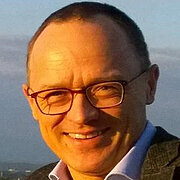
Gottfried von Gemmingen leads the Division ‘2030 Agenda for Sustainable Development, Reducing Poverty and Inequality’ at the Federal Ministry for Economic Cooperation and Development (BMZ).
Presentation by
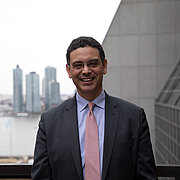
Pedro Conceição has been Director of the Human Development Report Office since January 2019 and is lead author of the Human Development Report. Prior to this, he served in various positions at the United Nations Development Programme (UNDP), including as Director for Strategic Policy at the Bureau for Policy and Programme Support, as Chief Economist and Head of the Strategic Advisory Unit at the Regional Bureau for Africa and as Director of the Office of Development Studies (ODS).
Panel discussion
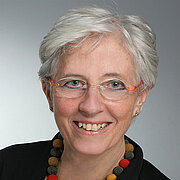
Inge Kaul is Senior Fellow, Hertie School and Member of the Presidium, UNA Germany. She served as the first director of the Human Development Report office of UNDP, New York, between 1989 and 1995 and later as director of UNDP’s Office of Development Studies. Her current research focuses on issues of policy change, notably the identification of factors and conditions that facilitate or impede policy responses to global challenges, and thus, successes and failures of global governance.
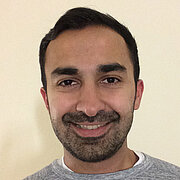
Omer Ali is a Master of Public Policy student at the Hertie School and holds a bachelor's degree in economics and international business. He has spent the past eight years working in the international development sector, first in the field of social innovation and SME mobilisation and then in fields of democratisation, decentralised governance, conflict mediation and post-conflict governance.
Chair
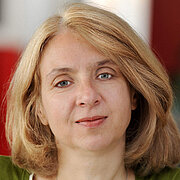
Anke Hassel is Professor of Public Policy at the Hertie School. From 2016 to 2019 she was the Scientific Director of the WSI at the Hans Böckler Foundation. Anke Hassel has extensive international experience and scientific expertise in the fields of the labour market, social partnership, codetermination and the comparative political economy of developed industrial nations. She was an expert in the fact-finding committee on growth, prosperity and quality of life in the German Bundestag (2012-13); the expert commission on the future of the Hans Böckler Foundation (2015-17) and chairwoman of the expert group on Workers' Voice and Good Corporate Governance in Transnational Companies in Europe (2015-2018). She has also been a member of the German Federal Government's High-Tech Forum since January 2019.

